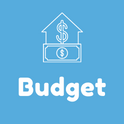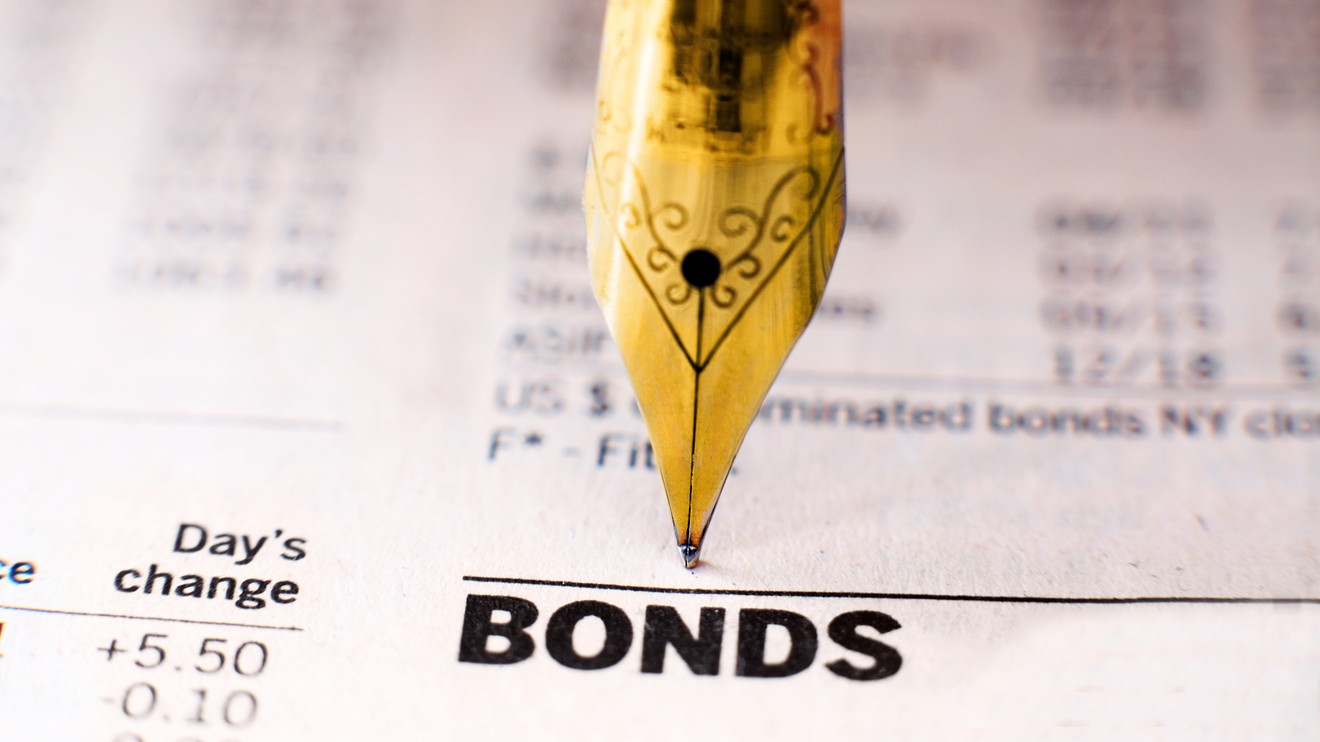How to fall asleep fast
How to fall asleep fast. Many people who suffer from insomnia may be lying in bed contemplating how to get to sleep. When this occurs, a person can try the advice provided below. Some are temporary fixes to attempt now, while others are long-term improvements in lifestyle.
How to fall asleep fast: 20 Best ways for you
1. Establish a regular sleeping schedule
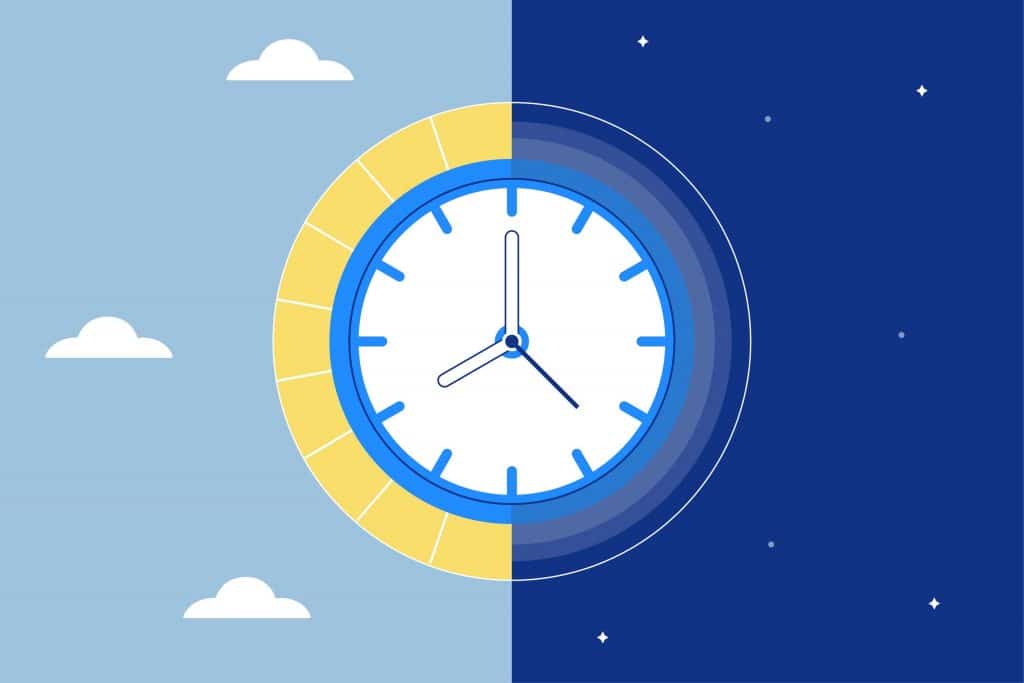
For many people, going to bed at various times each night is a common ritual. However, because they disrupt the circadian cycle of the body, these irregular sleeping habits may make it difficult to fall asleep.
The circadian rhythm is a collection of 24-hour-cycled behavioral, physiological, and mental changes. The circadian rhythm’s main job is to judge whether or not the body is prepared for sleep.
A biological clock that produces hormones to promote sleep or wakefulness has a significant impact on this. The body clock can better forecast when to induce sleep if you go to bed at the same time every night.
2. Turn off the lights.
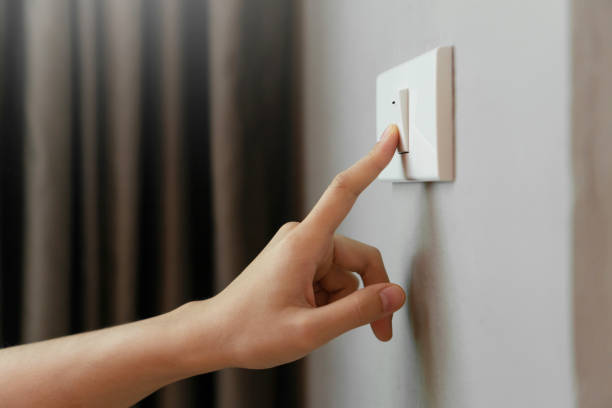
The circadian rhythm, which aids the brain and body in determining when it is dark, is also influenced by cues like light. When going to bed, try to keep the room as dark as possible to promote sleep.
3. Do not take a snooze during the day.

The circadian rhythm can also be disturbed by midday naps, especially those that last longer than two hours.
According to one study, college students who napped more than twice a week and for longer than two hours each time had poorer sleep quality than their non-napping classmates.
It is tempting to take a protracted nap after having a difficult night of sleep. Try to prevent this, though, as it could have a negative impact on a healthy sleep cycle.
4. Exercise throughout the day.
![]()
Sleep quality is improved by physical activity.
29 papers were found in a 2017 meta-analysis that suggested exercise might lengthen or improve sleep quality.
A further 2021 study discovered that primary insomnia, or the inability to fall or stay asleep, can be greatly improved by exercising for 60 minutes, four to five times per week for eight to twelve weeks.
However, it could be wise to avoid exercising too soon before going to bed because this could really interfere with sleep. It can be challenging to know where to begin when beginning a new exercise regimen.
5. Refrain from using a cell phone
It’s not new to think that utilizing a mobile device right before bed may be bad for your sleep.
According to a 2021 study, utilizing a mobile device for more than 8 hours per day or for at least 30 minutes before bed can have a harmful impact on sleep. A similar correlation between poorer sleep quality and using a mobile device while sleeping was found.
It is unknown whether or not these findings apply to other age groups because, like this study, a large portion of recent research has been concentrated on students and young people.
Studies frequently concentrate on problematic phone use. It’s possible that those who don’t use their mobile devices in this way don’t have sleep problems as frequently.
For a better understanding of how much phone use can interfere with sleep, more research is required in this area.
6. Read a book to How to fall asleep fast
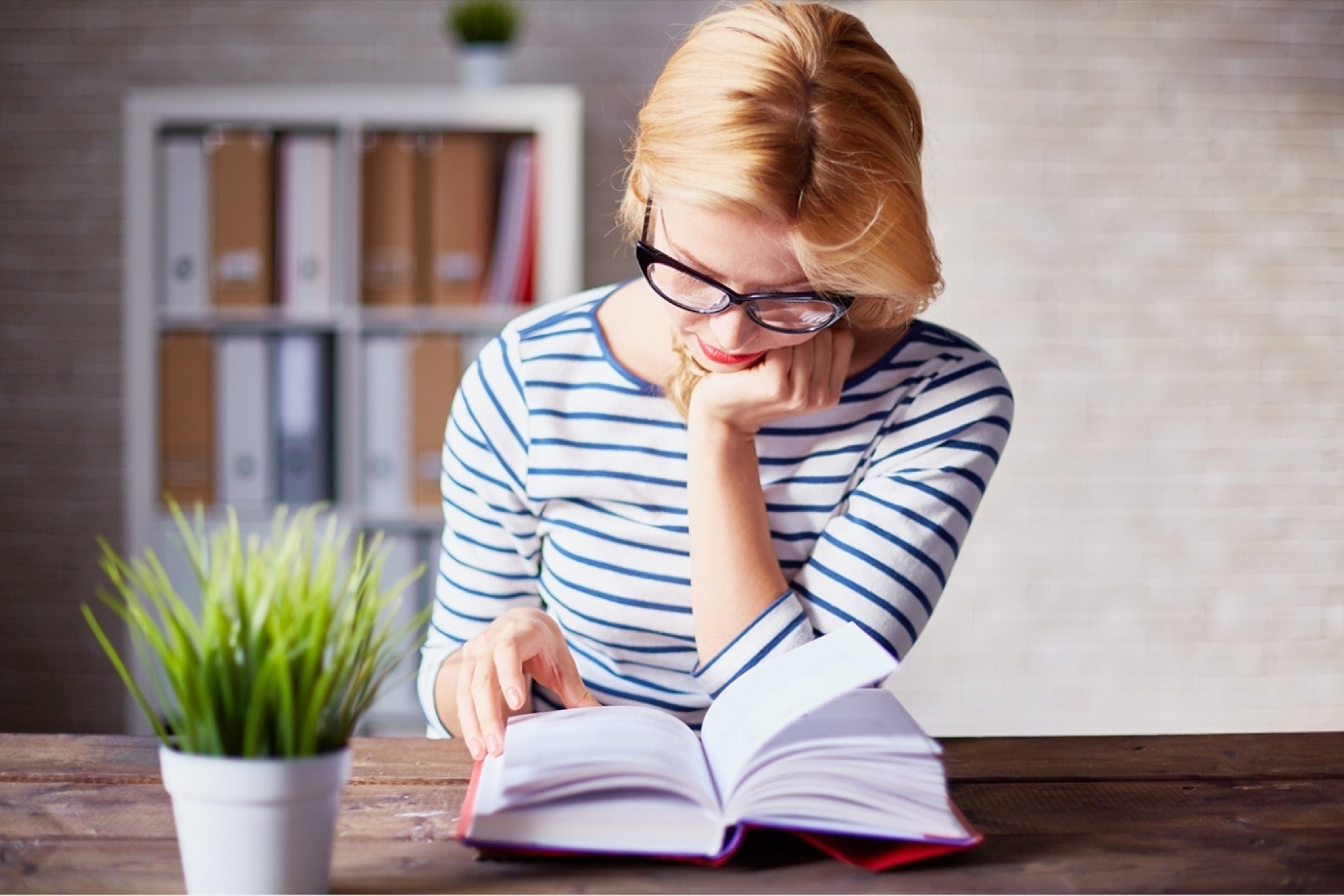
Reading a book can be soothing and may help stop worrisome thought patterns that might disrupt sleep.
When compared to the control group who did not read before bed, sleep quality improved for 8–22% more people in the intervention group who did, according to a 2021 randomized trial research.
Although it might be soothing to read before night, it can be preferable to avoid reading in bed. A person with insomnia who frequently wakes up throughout the night should read in another location with low lighting.
A person should stay away from novels that could evoke powerful emotions since these could prevent them from relaxing enough to go asleep.
7. Avoid caffeine to How to fall asleep fast
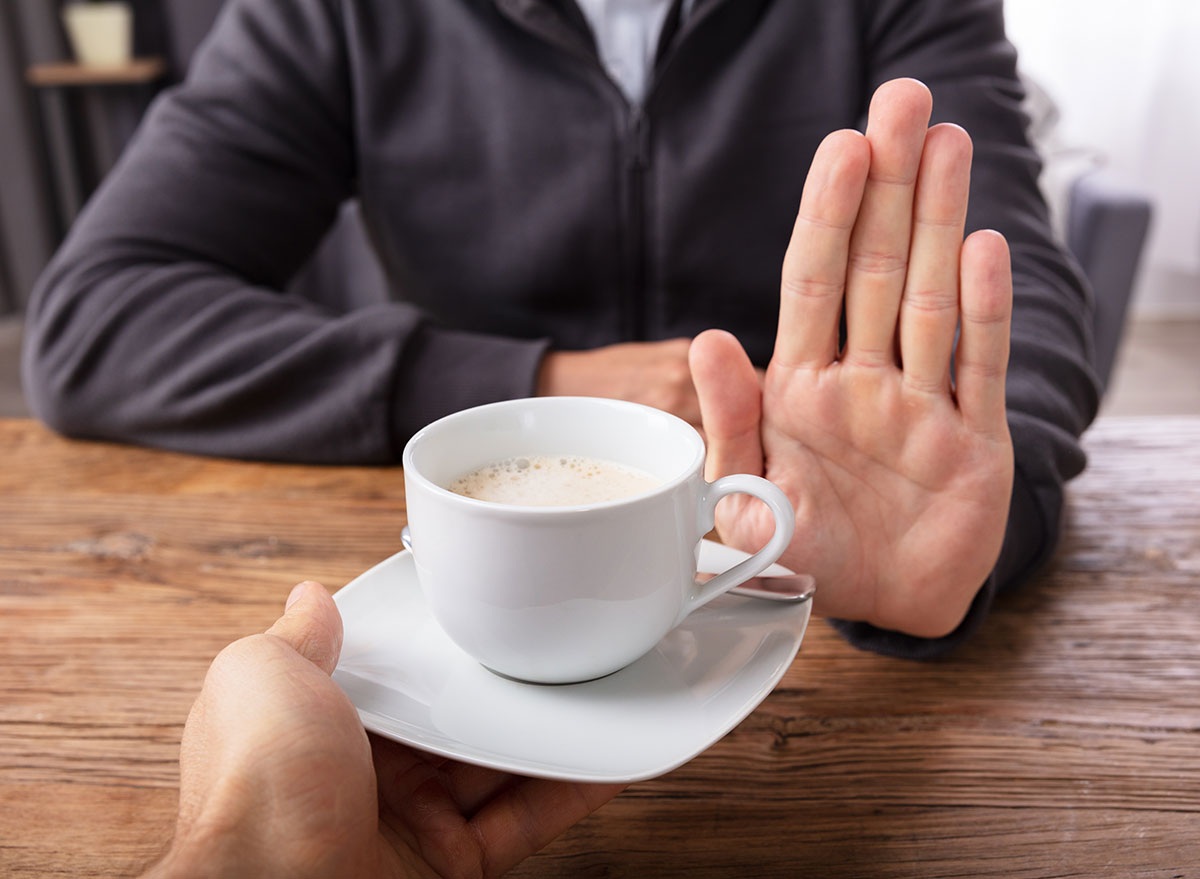
A stimulant, caffeine is. It can disturb sleep patterns and stimulate wakefulness. Caffeine’s effects last for roughly three to five hours. It is therefore preferable to abstain from coffee at least 4 hours before bed.
Caffeine consumption at any hour of the day may, in some people, have a negative effect on the quality of their sleep. It could be preferable for these persons to completely refrain from caffeine.
8. How to fall asleep fast: Try mindfulness or meditation.
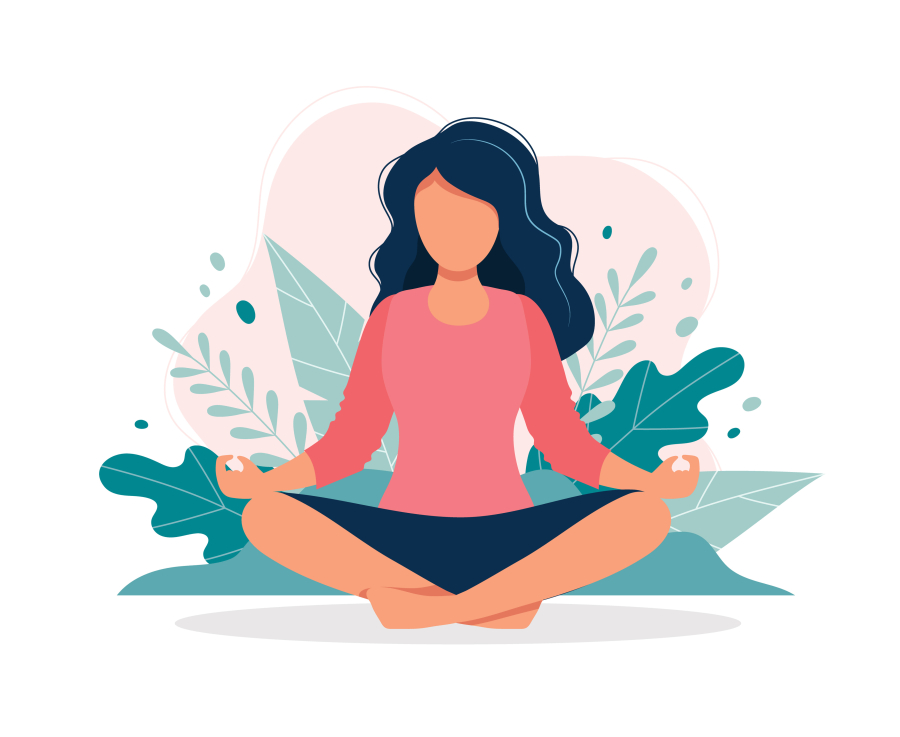
Stress, which frequently interferes with sleep, can be lessened with meditation and mindfulness. These methods can be used to soothe an anxious mind, divert the person’s attention from racing thoughts, and facilitate easier sleep.
In a study of elderly people who had trouble falling asleep, practitioners of mindfulness meditation reported better sleep quality than non-practitioners.
9. Avoid waking up by yourself

A person frequently feels sleepy after unwinding before bed.
A person who is having trouble falling asleep may want to avoid activities like brushing their teeth, taking off their makeup, washing their face, or going into a restroom with strong lighting shortly before going to bed.
It is preferable to do these tasks at least 30 minutes before night and then unwind in a quiet, dimly lit area before going to sleep. In this manner, one avoids disturbing their regular drowsiness before bed.
10. Modify your dietary routine

A person’s diet, especially in the evening, can affect how well they sleep. For instance, a person’s ability to sleep may be hampered by eating a substantial meal within an hour of going to bed.
Particularly, some foods may make it difficult to get a good night’s sleep. For instance, some study suggests that eating refined carbs may affect the quality of sleep or even cause insomnia, however the evidence for this is conflicting.
According to other study, eating a balanced diet rich in low glycemic index (GI) foods and avoiding processed foods can both help people fall asleep and stay asleep. Whole grains, nuts, low- and nonfat dairy products, fruit, and vegetables are all healthy food options.
But regardless of what a person eats, it can take at least 2-3 hours to digest a meal. Lying down during this time can make some people feel uncomfortable or queasy and hinder their digestion.
Before lying down, it is best to give the body time to digest a meal. Depending on the individual, this will take a different amount of time.
11. Adjust the temperature of the space.
A person’s ability to sleep can be significantly impacted by being either too hot or too chilly.
It is crucial to experiment with various temperatures because different persons have different comfort zones.
However, to encourage sleep, the National Sleep Foundation advises a bedroom temperature of 60–67°F (16–19°C).
12. Try aromatherapy
Aromatherapy has long been used by people to promote sleep and relaxation.
One of the most common options for promoting sleep is lavender oil. However, there is conflicting evidence supporting this, and the benefit may vary depending on how the oil is used, such as topically vs inhaled.
13. Select a cozy position.

For rest, a cozy sleeping position is necessary. Finding the appropriate position can significantly affect the onset of sleep, yet frequently switching positions might be disturbing.
For the majority of people, lying on their side when sleeping is the most comfortable position.
14. Enjoy some music

Even though it might not be effective for everyone, some people find that listening to calming music before bed is beneficial.
Subjects who listened to music before bed reported sleeping better than those who did not, according to a 2019 studyTrusted Source.
But how a person reacts to music will vary depending on their unique tastes. Music can occasionally be overstimulating and cause anxiety and insomnia.
15.How to fall asleep fast: Practice breathing techniques
An extremely common method of relaxation is breathing exercises. People can reduce stress and divert their attention from worrying thoughts by practicing deep breathing or performing certain breathing patterns, according to Trusted Source. This has the potential to be an effective sleep aid.
4-7-8 breathing is a typical strategy. This entails taking a 4 second breath in, holding it for 7 seconds, and then taking an 8 second breath out. Deep, rhythmic breathing like this is calming and might help with sleep.
16. Have a hot shower or bath.
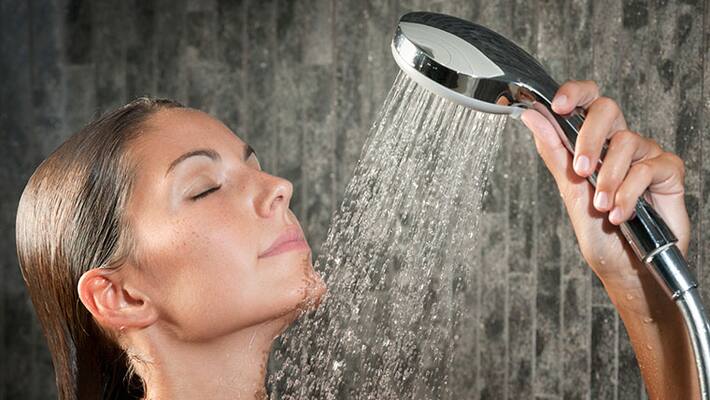
A pleasant bath or shower can help the body get ready for sleep. Before bed, it may also aid in better temperature regulation.
Research suggests that doing this for at least 10 minutes 1-2 hours before bed may be very useful.
Find out more about the advantages of taking cold versus hot showers.
17. Do not read e-books
The popularity of e-books has grown over the past few years.
They include illuminated screens, making them perfect for reading in the dark before bed. However, it might have a negative impact on sleep.
Young adults were given a physical book and an electronic book to read before bed in one research. The study’s findings showed that the participants took longer to fall asleep when using the electronic book.
In comparison to when they read the printed book, they were also more alert in the nights and less alert in the morning. These findings imply that e-books might interfere with sleep.
However, there were only 12 participants in the study. Additionally, the study’s design required that participants read both kinds of literature. It is challenging to say whether or not being exposed to both reading situations influenced the outcomes.
There aren’t many reputable studies in this field, therefore additional research is required before any clear conclusions can be made.
18.Take melatonin
The hormone that promotes sleep is melatonin. It is created by the body to promote sleep and sleepiness in accordance with the biological clock.
In order to improve their chances of falling asleep, people can also take it as a supplement.
Study up on melatonin for sleep.
19. How to fall asleep fast: Sleep in a comfy bed

According to the National Sleep Foundation, having a comfortable mattress and supporting pillows can help people have a restful night’s sleep.
Purchasing a comfy mattress could improve the quality of your sleep.
20. If at all possible, stay away from noisy areas
Noise can be upsetting, stop sleep from starting, and reduce the quality of sleep.
In a 2016 study, it was discovered that participants slept substantially less in a hospital than they did at home. According to the study’s authors, the increased loudness in the hospital was the main cause of this.
How to sleep in 10 seconds
The military method

The widely used military strategy is from a book named “Relax and Win: Championship Performance,” which was first mentioned by Sharon Ackerman.
Ackerman claims that the US Navy Pre-Flight School developed a regimen to aid pilots in no more than two minutes of sleep. After about six weeks of practice, the pilots were able to fly even after consuming coffee and with the sound of gunshots in the distance.
Some claim that this technique also helps those who must sleep upright.
- Your entire face, including the ones inside your mouth, should be relaxed.
- Allowing your hands to fall to your sides will help you relax your shoulders.
- Relax your chest as you exhale.
- Relax your thighs, calves, and legs.
- Imagine a peaceful scene for ten seconds to relax your mind.
- Try repeating the phrase “don’t think” for 10 seconds if that doesn’t work.
- You should nod out in ten seconds!
If this doesn’t help, you might need to focus on the military method’s cornerstones—breathing and muscular relaxation—which have some scientific backing. Additionally, certain diseases like ADHD or anxiety may reduce the efficacy of this technique.
Continue reading to discover the strategies on which this military approach is built, as well as tips on how to use them.
How to sleep in 60 seconds
These two techniques, which center on your breathing or your muscles, assist you in getting your attention off the subject and back to sleep.
If you’re a novice using these techniques, it can take them up to two minutes to start working.
How to fall asleep fast: Method of breathing: 4-7-8

This breathing technique, which combines the skills of meditation and visualization, gets better with repetition. Before starting, think about consulting your doctor if you have a respiratory illness like asthma or COPD because this could make your symptoms worse.
Put your tongue tip on the roof of your mouth, between your two front teeth, to get ready. Keep your tongue there the entire time, and if necessary, purse your lips.
- As you exhale through your mouth, allow your lips to gently part and generate a whooshing noise.
- Next, purse your lips and take a quiet breath through your nose. You mentally count to four.
- Next, pause breathing for seven seconds.
- Then, exhale for 8 seconds while making a whooshing sound.
- At the end of each cycle, try not to be too vigilant. Try to mindlessly practice it.
- Follow this pattern for four complete breaths. If you notice that relaxation is setting in earlier than expected, let your body to sleep.
How to fall asleep fast: Progressive muscle relaxation (PMR)
You can relax by engaging in progressive muscle relaxation, sometimes referred to as deep muscle relaxation.
The idea is to contract your muscles, without straining them, and then let them unwind to let the stress go. Your body will become more peaceful as a result of this motion. It’s a tip that’s suggested for treating insomnia.
Try practicing the 4-7-8 technique before you begin while visualizing the stress leaving your body as you exhale.
- For five seconds, raise your eyebrows as high as you can. Your forehead muscles will tense as a result.
- Feel the tension leave your muscles as soon as you begin to relax them. Ten seconds, please.
To make your cheeks tense, smile broadly. Take a 5-second hold. Relax. - Wait ten seconds.
- Close your eyes and squint. Hold for 5 seconds. Relax.
- Wait ten seconds.
- So that you may comfortably stare up at the ceiling, tilt your head back a little. Hold for 5 seconds. As your neck re-enters the pillow, unwind.
- Wait ten seconds.
- From your triceps to your chest, thighs to feet, continue working your way down the rest of your body.
- Even if you don’t complete tensing and relaxing the rest of your body, allow yourself to fall asleep.



